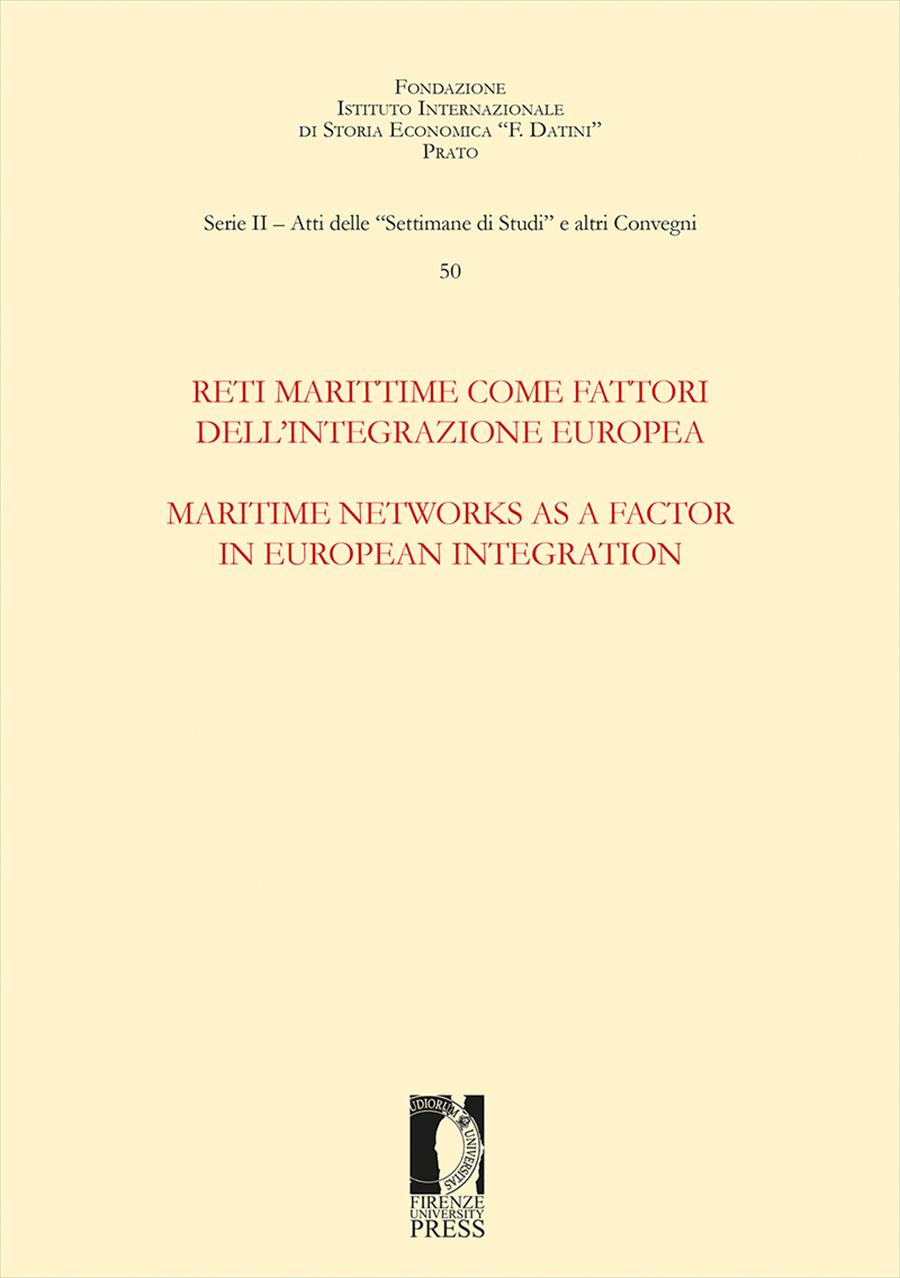Swedish Trade and Shipping in the Mediterranean in the 18th Century
- Leos Müller
- © 2019 Author(s) |
- CC BY 4.0
- DOI: 10.36253/978-88-6453-857-0.23
This paper analyses the rise of Swedish trade and shipping in the Mediterranean in the eighteenth century. It focuses on three factors that shaped Sweden’s role in the area: foreign policy interest, foreign trade policy (mercantilism), and commodity demand and supply. The foreign policy interest is represented by attempts to build an alliance with the Ottoman Empire against Russia. An outcome of this was the short-lived Swedish Levant Company. The second factor relates to Sweden’s mercantilist policy in the Mediterranean, embodied in the Swedish Navigation Act, trade and peace treaties with the North-African states, and the consular services in southern Europe. Sea salt was in the core of this policy—a strategic commodity in northern Europe. Southern Europe, too, was important market for Swedish exports goods: iron, tar and pitch, and planks.
- Keywords:
- economic history,
- sweden,
- international trade,
- commercial networks,
- 18th century,
Stockholm University, Sweden - ORCID: 0000-0001-5779-7688
Chapter Information
Chapter Title
Swedish Trade and Shipping in the Mediterranean in the 18th Century
Authors
Leos Müller
Language
English
DOI
10.36253/978-88-6453-857-0.23
Peer Reviewed
Publication Year
2019
Copyright Information
© 2019 Author(s)
Content License
Metadata License
Bibliographic Information
Book Title
Reti marittime come fattori dell’integrazione europea / Maritime Networks as a Factor in European Integration
Editors
Giampiero Nigro
Peer Reviewed
Number of Pages
592
Publication Year
2019
Copyright Information
© 2019 Author(s)
Content License
Metadata License
Publisher Name
Firenze University Press
DOI
10.36253/978-88-6453-856-3
ISBN Print
978-88-6453-856-3
eISBN (pdf)
978-88-6453-857-0
eISBN (xml)
978-88-9273-037-3
Series Title
Atti delle «Settimane di Studi» e altri Convegni
Series ISSN
2704-6354
Series E-ISSN
2704-5668
